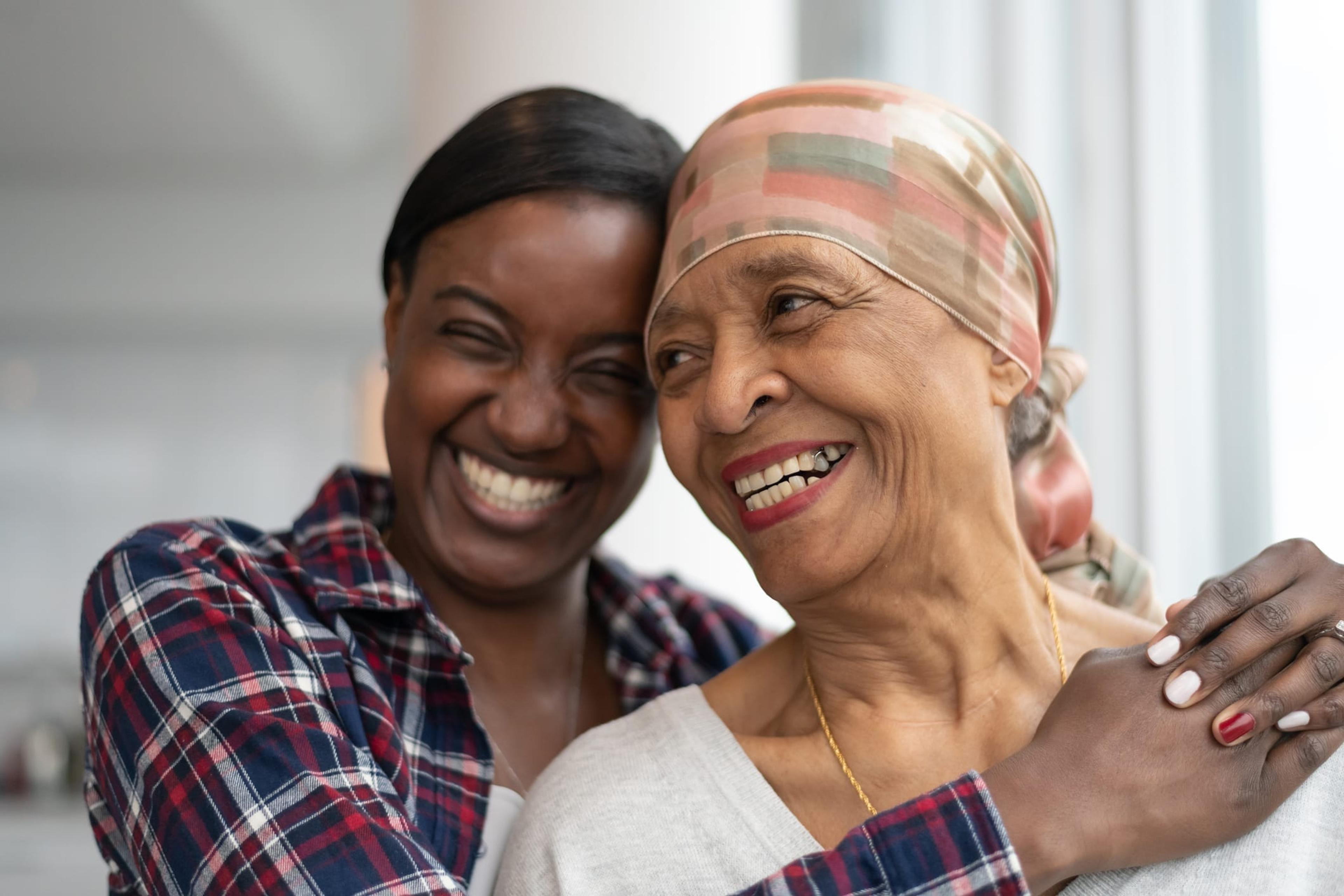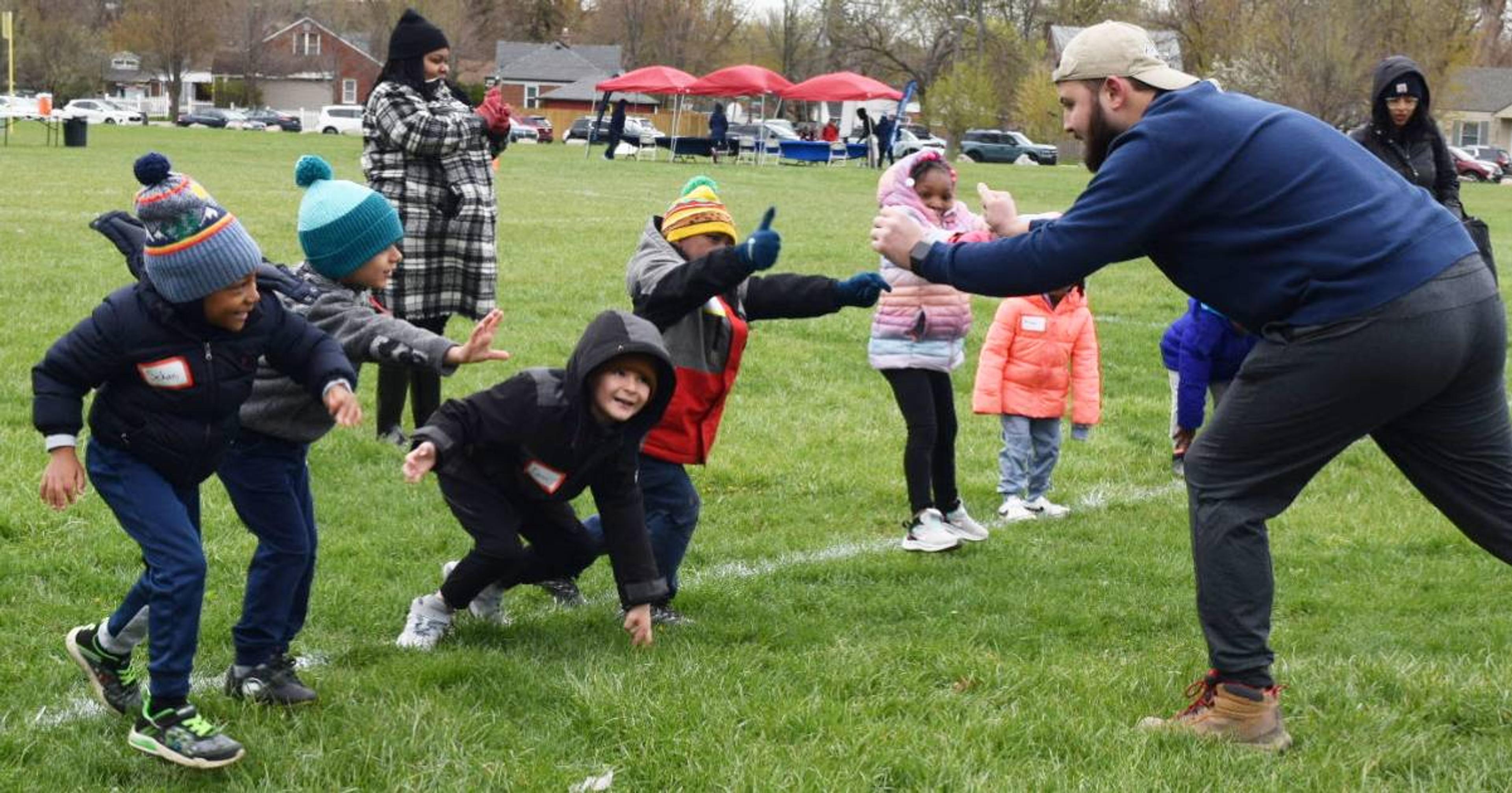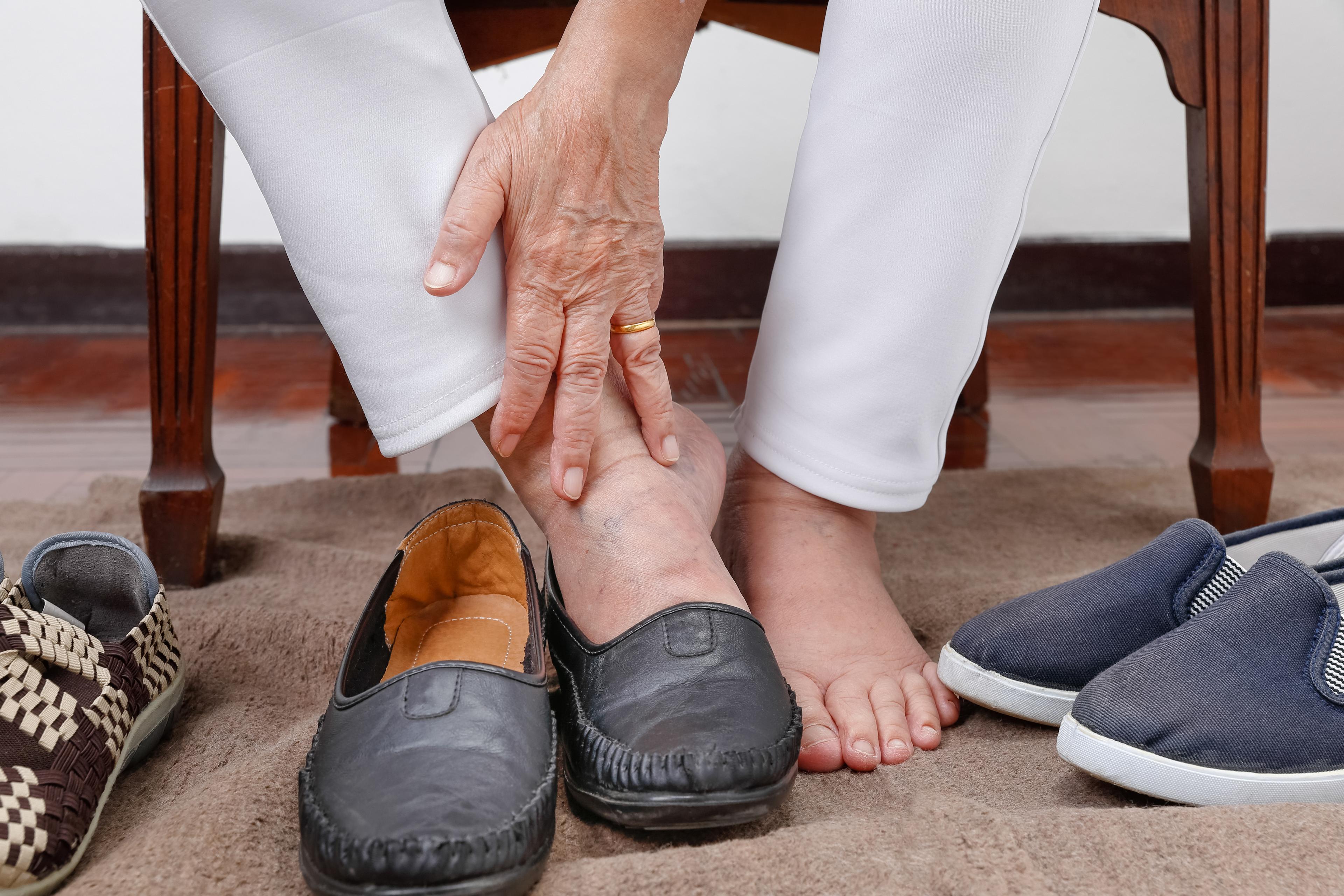Report: The Impact of Caregiving on Mental and Physical Health
Zach Micklea
| 4 min read

A new Health of America Report developed and published by the Blue Cross Blue Shield Association, “The Impact of Caregiving on Mental and Physical Health,” explored trends that show a correlation between caregiving and its potentially negative impact on both physical and behavioral health – particularly for millennials and members of Black and Hispanic communities. Based on the Association’s national claims database, caregivers were identified by linking BCBS commercially insured members in need of caregiving (condition specific) to another adult member on the same insurance policy by their relationship file, presuming the latter is responsible for the member in need of care and performing caregiver duties. Caregivers play an important role in the U.S. health care system. An often unpaid and invisible workforce, caregivers manage medications, administer care, assist with daily tasks and handle finances for their loved ones. The commitment of time, labor and emotional support this role requires can have a substantial impact on caregivers’ physical, behavioral and emotional well-being. Key findings from the report state that caregivers have 26% poorer health compared to a benchmark population. The health consequences of caregiving are more pronounced for millennials than for Gen X and baby boomers. Similarly, the effects are larger for caregivers from Black and Hispanic communities than those from white communities. Lastly, the report found that the pandemic has increased the demand and intensity of caregiving. Consequently, it has increased self-reported stress, isolation and loneliness among caregivers. Profiles of caregivers by generation
Caregivers have higher rates of serious health conditions
As measured by the 2018 BCBS Health Index, an annual measurement of which diseases and conditions most affect Americans’ longevity and quality of life, caregivers had an average Health Index of 89.6. This score is 2.2 points lower than the benchmark population, which translates to a 26% greater impact of physical and behavioral health conditions that could lower caregivers’ overall health. In addition to poorer overall health, caregivers suffer from more stress-related physical and behavioral health conditions. For example, tobacco use disorder is 42% more prevalent than the benchmark, and hypertension is 64% more prevalent. Condition prevalence among caregivers vs. benchmark population, 2018
Although caregivers have poorer health on average, they have higher rates of preventive care. Over half of identified caregivers had wellness visits in 2018, and more than a third had at least one cancer screening, 26% and 48% higher than the benchmark respectively.
Health consequences of caregiving is more pronounced for millennials
Compared to the benchmark population, millennial caregivers are more likely to experience stress-related conditions. For example, obesity and hypertension are both over 70% more prevalent among millennials who are caregivers. They are also much more likely to have adverse health events, including emergency department visits and hospitalizations.
Caregivers’ race, ethnicity and income can affect their health
Demographic factors like race, ethnicity and income also affect caregivers’ health. The health consequences of caregiving are much larger in Black communities and, to a lesser degree, in Hispanic communities when compared to caregivers in predominantly white communities. Health Index of caregivers vs. benchmark by community, 2018
Household income has a much smaller effect on the health of caregivers. The Health Index difference between caregivers in low-income communities and the benchmark population in the same communities is only slightly higher than that of middle- and high-income communities.
What’s next?
This report highlights the critical need for caregiver support. Blue Cross Blue Shield companies are committed to addressing the unique challenges that caregivers face. In partnership with ARCHANGELS, a national movement recognizing and honoring caregivers, Blue Cross is identifying caregivers across the country and connecting them to the care and support they need. Blue Cross is also building and funding solutions that address caregivers’ distinct needs, including education, transportation, care coordination and care management. Read the full report here. Related:
- Effects of Pandemic Isolation on Mental Health
- Increasing Access to Behavioral Health Care in the Face of COVID-19
- Care for the Caregiver: Tips for Balance When You’re Caring for an Adult
Photo credit: FatCamera





